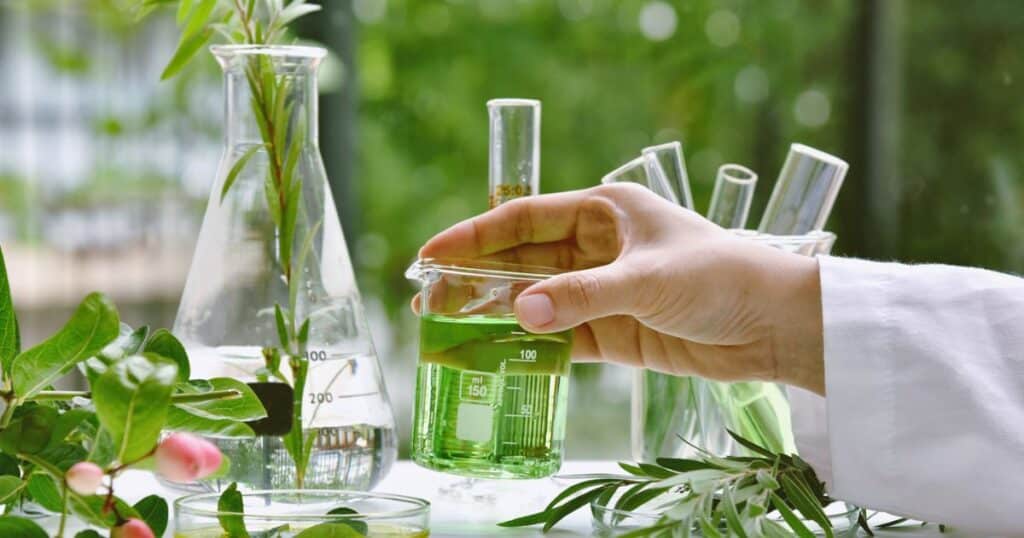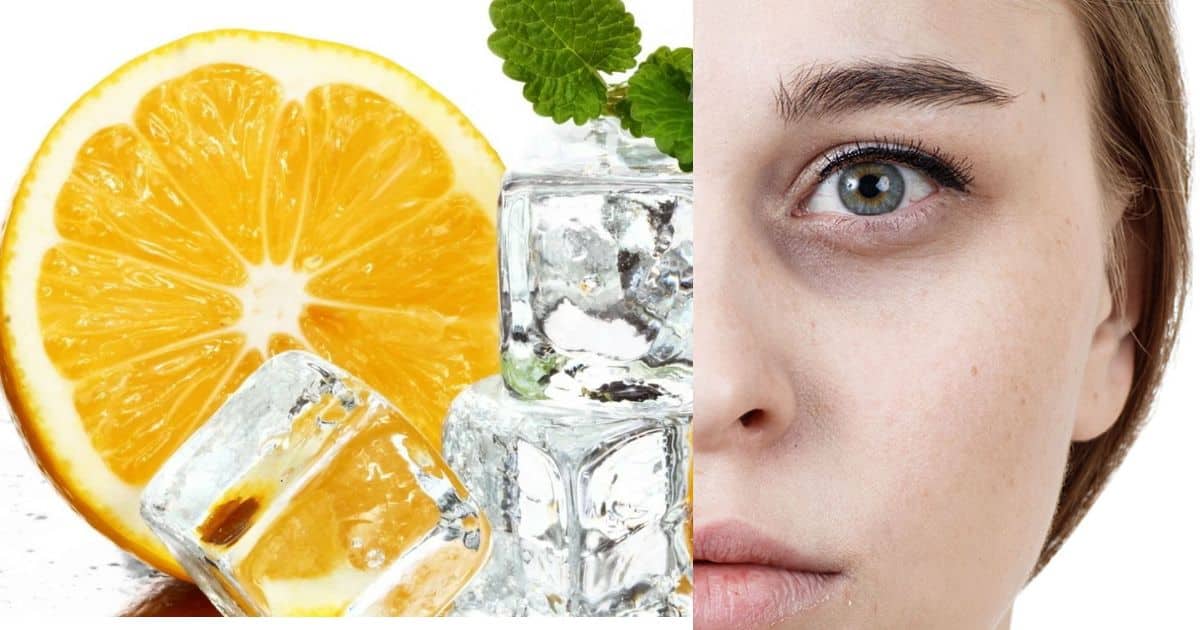Have you been tempted to try lemon juice as a natural remedy for lightening those pesky dark spots on your face? While the idea of using a readily available ingredient might seem appealing, it’s essential to understand the potential risks and explore safer, more effective alternatives.
In this comprehensive guide, we’ll dive deep into the truth about using lemon juice for dark spots and provide you with a wealth of knowledge on gentler, natural solutions to achieve a brighter, more even complexion.
The Allure of Natural: Why Lemon Juice for Dark Spots?
The appeal of using lemon juice for dark spots stems from its citric acid content, which is believed to have a mild bleaching effect. Lemon juice is inexpensive and readily available in most households, making it a convenient option.
However, before you reach for that lemon, it’s crucial to understand the potential pitfalls of this seemingly simple solution.
More Post
Blue Meanie Mushroom – Panaeolus Cyanescens
The Potential Pitfalls: Why Lemon Juice Might Not Be the Answer
While the idea of a natural remedy sounds enticing, lemon juice poses several risks when applied directly to the face:
- Harshness: Lemon juice is highly acidic, which can irritate and damage the skin’s protective barrier, leading to redness, dryness, and even burning sensations.
- Increased Sun Sensitivity: The citric acid in lemon juice can make your skin more sensitive to the sun’s harmful UV rays, potentially worsening the appearance of dark spots or causing further discoloration.
- Uneven Results: Lemon juice may not evenly distribute on the skin, leading to a patchy, uneven appearance rather than a uniform lightening effect.
“If you have sensitive skin or a history of skin irritation, applying lemon juice directly to your face is not recommended.” – Dr. Rachel Nazarian, board-certified dermatologist
Exploring Safer Alternatives: Natural Ingredients for Brighter Skin

Instead of risking the potential dangers of lemon juice, consider incorporating these gentle, natural ingredients into your skincare routine for a more effective and safer approach to addressing dark spots:
- Kojic Acid: Derived from mushrooms, kojic acid is a natural skin-lightening agent that can help fade dark spots without irritating the skin. It works by inhibiting the production of melanin, the pigment responsible for hyperpigmentation.
- Licorice Root Extract: Rich in antioxidants, licorice root extract is known for its brightening properties and its ability to help even out skin tone by reducing the appearance of dark spots and discoloration.
- Vitamin C: A potent antioxidant, vitamin C not only helps to fade existing dark spots but also promotes a more radiant complexion by boosting collagen production and protecting the skin from further sun damage.
Before trying any new ingredient, it’s always a good idea to perform a patch test on a small area of skin to ensure you don’t experience any adverse reactions.
The Power of Consistency: Skincare Routine for Dark Spots
To achieve optimal results in fading dark spots, it’s essential to incorporate these natural ingredients into a consistent skincare routine:
- Gentle Cleansing: Start by washing your face twice daily with a gentle, non-irritating cleanser suitable for your skin type. This will help remove impurities and prepare your skin for the next steps.
- Targeted Treatment: After cleansing, apply a serum or cream containing kojic acid, licorice root extract, or vitamin C directly to the affected areas. These targeted treatments work to gradually reduce the appearance of dark spots over time.
- Moisturizing: Hydrating your skin regularly with a moisturizer is crucial for maintaining a healthy skin barrier and promoting an overall even complexion. Look for moisturizers that contain nourishing ingredients like hyaluronic acid or ceramides.
- Sun Protection: Daily sun protection is an absolute must when addressing dark spots. Apply a broad-spectrum sunscreen with an SPF of 30 or higher every morning, even on cloudy days. Sun exposure can worsen hyperpigmentation and undo your efforts to fade dark spots.
Seeking Professional Help: Consulting a Dermatologist
If your dark spots are particularly stubborn or severe, it may be time to seek professional help from a board-certified dermatologist. A dermatologist can accurately diagnose the cause of your hyperpigmentation and recommend the most effective treatment options, which may include:
- Chemical Peels: These professional-grade exfoliating treatments can help improve skin tone and texture by removing the outer layers of discolored skin.
- Microdermabrasion: This non-invasive procedure uses a specialized device to gently exfoliate the skin, removing the top layer of dead skin cells and promoting cell turnover.
- Laser Treatments: Certain laser therapies, such as intense pulsed light (IPL) or fractionated CO2 laser treatments, can effectively target and break down pigmented areas, revealing a more even skin tone.
Patience is Key: Achieving Lasting Results
It’s important to understand that fading dark spots is a gradual process that requires patience and consistency. Even with the most effective natural remedies and a diligent skincare routine, it can take several weeks or even months to see significant improvements.
The key is to stick with your routine and avoid sun exposure to prevent new dark spots from forming.
Understanding the Root Cause: Preventing Future Dark Spots
While addressing existing dark spots is crucial, it’s equally important to take steps to prevent new ones from developing. Here are some tips to help minimize the risk of future hyperpigmentation:
- Minimize Sun Exposure: Excessive sun exposure is one of the leading causes of dark spots and uneven skin tone. Limit your time in direct sunlight, especially during peak hours, and always wear a broad-spectrum sunscreen when outdoors.
- Maintain a Healthy Diet: A diet rich in antioxidants, such as those found in fruits, vegetables, and whole grains, can help protect your skin from oxidative stress and promote overall skin health.
- Manage Stress: Chronic stress can have a negative impact on your skin, potentially contributing to various skin issues, including hyperpigmentation. Practice stress-management techniques like yoga, meditation, or deep breathing exercises to keep stress levels in check.
Embrace a Holistic Approach: Natural Beauty from Within
True beauty goes beyond just addressing dark spots on the surface. For lasting, radiant skin, it’s essential to embrace a holistic approach that nourishes your body from within. This includes:
- Adequate Sleep: Aim for 7-9 hours of quality sleep each night to allow your body to rejuvenate and repair itself, including your skin cells.
- Balanced Diet: A diet rich in essential nutrients, such as vitamins, minerals, and healthy fats, can support skin health and promote a natural glow.
- Stress Management: As mentioned earlier, managing stress through activities like exercise, meditation, or hobbies can have a positive impact on your overall well-being, including your skin’s appearance.
By prioritizing these lifestyle factors, you’ll not only be addressing dark spots but also cultivating a radiant complexion that radiates natural beauty from within.
Conclusion:
While the idea of using lemon juice for dark spots might seem tempting, the potential risks and downsides outweigh the benefits. Instead, explore safer, more effective natural alternatives like kojic acid, licorice root extract, and vitamin C. Incorporate these ingredients into a consistent skincare routine that includes gentle cleansing, targeted treatment, moisturizing, and daily sun protection.
Remember, fading dark spots takes time and patience, but by sticking to your routine and embracing a holistic approach to skin health, you can achieve lasting results and a radiant, even complexion. Prioritize sun protection, a healthy lifestyle, and stress management to prevent future hyperpigmentation and cultivate natural beauty from within.

Elijah Jane, an adept writer, delves into the intricacies of artificial intelligence ethics. His latest work explores the evolving landscape of AI regulation, advocating for transparency and accountability in technology. With a passion for innovation, Jane inspires thoughtful discourse on ethical AI practices.




